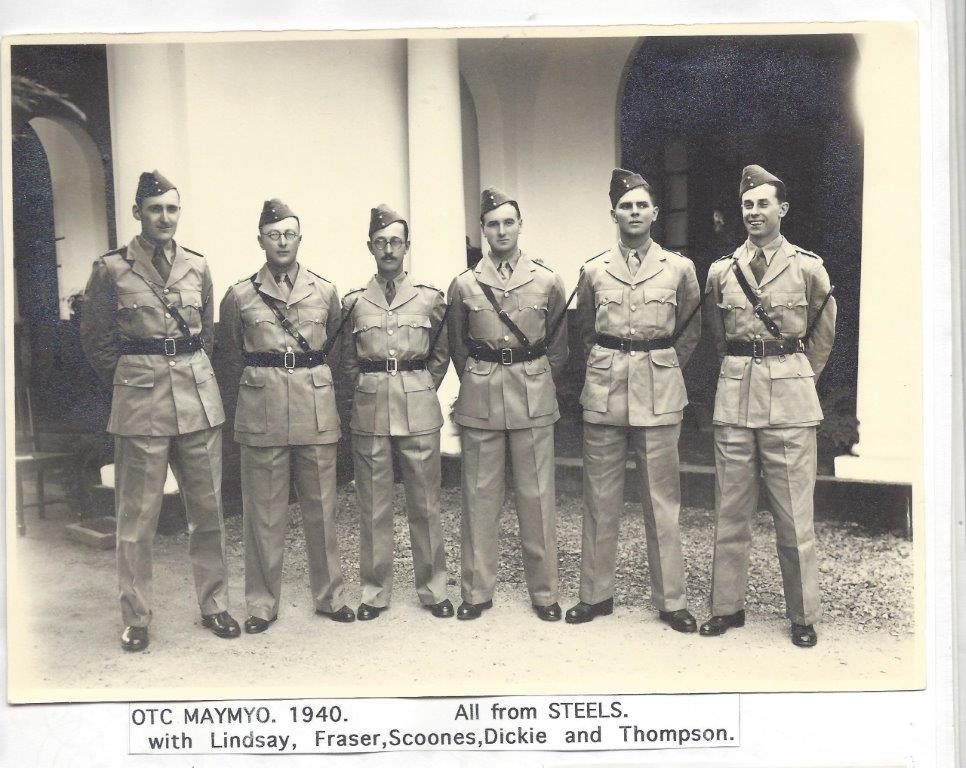Army in Burma Reserve of Officers (A.B.R.O.)
An Army in Burma Reserve of Officers (A.B.R.O.) was formed when the war started in 1939. It was formed partly by the transfer to it of officers resident in Burma who were on the Army in India Reserve of Officers list and partly by the acceptance of new entrants.
Following the outbreak of war, many officers serving with British infantry battalions in Burma and those serving with the Burma Forces were posted away, to help with the expansion of the British and Indian Armies. Replacements for these officers and also additional officers to support the expansion of the Burma Army were found by the appointment of officers from the A.B.R.O.
The A.B.R.O. included Europeans resident in Burma granted King's Commissions and a number of Burman gentlemen who were also granted King's Commissions. A considerable number of the officers in this reserve had previously been members of the Indian equivalent - the A.I.R.O.
Before the end of 1939, the first series of officers' training courses had begun in Maymyo. After September 1940, the normal channel of entry came to be through the Militia for basic training followed by the Officer Cadet Training Unit, both at Maymyo. The National Service Act of 1940 made it obligatory for European British subjects of military age to join it.

Newly commissioned officers of the A.B.R.O. at Maymyo, 7th March 1940
Courtesy of the Andrews family.
Click image to open new page to view details of the officers pictured.
By the beginning of 1942, the Army in Burma Reserve of Officers had increased to a strength of over nine hundred. In addition, about one hundred and fifty gentlemen had received Emergency Commissions. Of all these the very great majority were European British subjects who had been resident in Burma.
The officers of the A.B.R.O. served with all units of the Burma Army including The Burma Rifles, The Burma Regiment and the Kachin and Chin Levies.
After arrival in India, Officers belonging to the A.B.R.O. were placed at the disposal of the Commander-in-Chief, India, with the proviso in the majority of cases that they should be returned for service if required to do so by the Government of Burma. All Officers retained their A.B.R.O. commissions.[1]
After the war with Japan, A.B.R.O. officers were retained until independence. On 3rd January 1948, all serving A.B.R.O. officers of the Burma Army resigned and were granted Burma Commissions from 4th January 1948, independence day. The following notice appeared in the London Gazette: “As from the fourth day of January, nineteen hundred and forty-eight, the day of transfer of power in Burma, all officers of the Army in Burma Reserve of Officers will be deemed to have relinquished their commissions.” All former A.B.R.O officers received a new personal service number for their Burma Commission, the series starting at 5001.[2]
[Vivian Rodrigues has documented the history of the ABRO and listed those enrolled, those who became casualties and those who received awards. The lists can be accessed via the Anglo-Burmese Library web site at the War Against Japan page.]